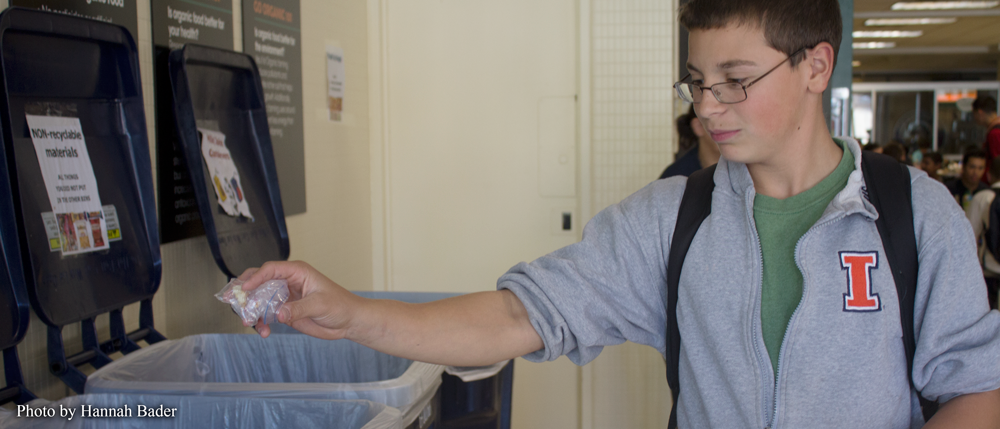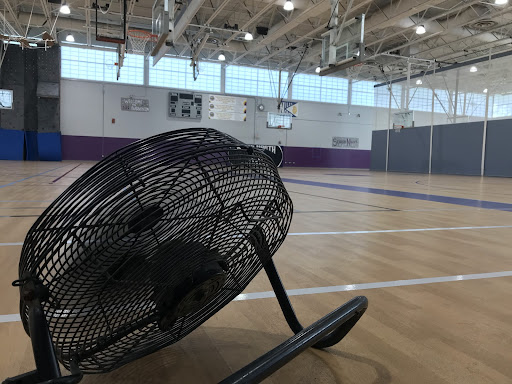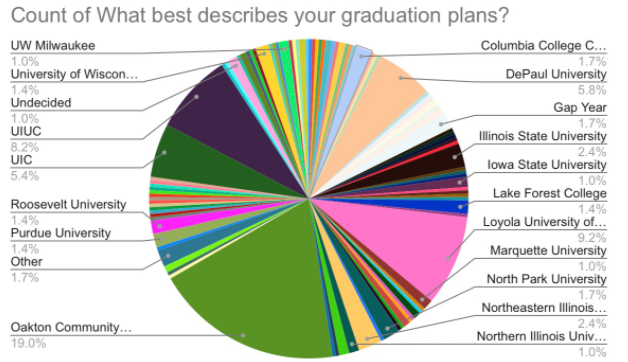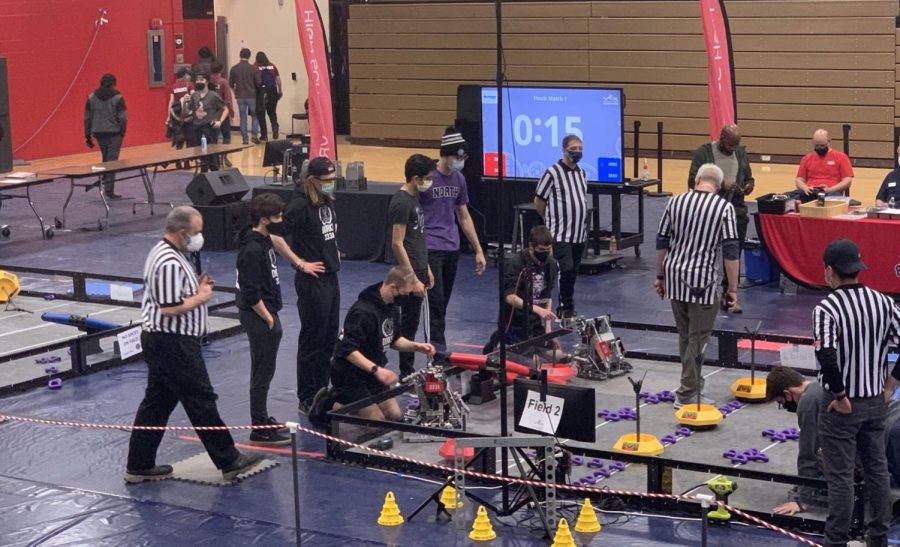Niles North is making the effort to go green in more ways than one, starting with the cafeteria. Beyond Green, a company hired by the District to design environmentally friendly food service operations, has implemented a strategy which both North and West will carry out over the next five years in conjunction with OrganicLife, the District’s food service provider. The strategy, which lists more than 60 goals, is designed to reduce, reuse and recycle as much as possible in both the cafeteria and the kitchen.
Perhaps one of the biggest changes that students may have noticed is the new recycling bins in place of garbage cans in the cafeteria. The bins, which are split up into five different categories– metal cans, milk/juice containers, non-recyclable materials, plastic bottles and compostable plates, cutlery, cups and napkins– are there so that waste can be appropriately disposed of and then recycled. Last year, everything being thrown away all went to the same place. Now that the waste products are separated, plastic, paper and cardboard can be sent to recycling plants, thus reducing the amount of waste in landfills.
The rest of the changes the school has made take place more behind the scenes– in the kitchen. One of the goals Beyond Green’s strategy aims to achieve is to have 50 percent of all food served be grown locally (within 500 miles from Niles Township). This means that the food will be safer, fresher and more environmentally friendly since it won’t have to be transported as far. It’s also part of the plan to use only hormone free meat, grass fed beef and sustainable seafood. “Many schools want to have healthier foods, but they’re not having conversations like this,” assistant principal of operations Keith Robinson said.
The kitchen also has a metering device that tells the staff how much water, gas and electricity they’ve used. On average, 3,600 gallons of cold water in the kitchen alone and about 9,500 kilowatt hours of electricity in the school as a whole are used each day. “By seeing numbers, they see how they can make improvements,” Elizabeth Porporato from Beyond Green said.
Something else the District is looking into is composting. Last year, 74 percent of the waste in the kitchen was food scraps such as apple cores and the outer shells of cantaloupe and pineapple. If this was able to be composted, it could decompose and then be recycled again as fertilizer. However, the administration hasn’t yet found a company that can provide this service.
Other environmental efforts put into place in the kitchen include modifying the packaging that foods get delivered in so as to create less non-recyclable waste such as Styrofoam, buying in bulk and switching from paper plates and plastic cutlery to reusable trays and silverware. “We are ahead of the curve when you think about all the initiatives that we’ve taken,” Robinson said.
As long as the students take part in these efforts along with the staff, Niles North is on track to earn the gold award in First Lady Michelle Obama’s campaign for the environment by year three of the strategy.















Christina Curtis • Oct 12, 2012 at 8:45 am
I think it’s a really good idea for Niles North to install the metering devices because then we can really see how much electricity we are using and brainstorm ways to cut down on our usage. Overall, I’m glad North is becoming more environmentally savvy. I feel well informed after reading this article, great job!